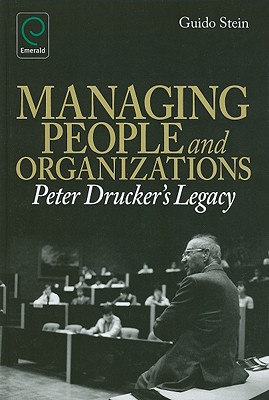Handke Peter: Unraveling the Masterpiece of a Literary Genius
Guide or Summary:Early Life and InfluencesCareer HighlightsControversies and CriticismLegacy and InfluencePeter Handke, one of the most influential and cont……
Guide or Summary:
Peter Handke, one of the most influential and controversial figures in modern literature, has left an indelible mark on the literary world through his unparalleled works. His career spans over five decades, during which he has written novels, plays, poems, and screenplays, each showcasing his unique vision and unyielding quest for truth and authenticity. This article delves into the life and works of Peter Handke, highlighting his contributions to literature, his impact on readers, and his enduring legacy.
Early Life and Influences
Born on March 16, 1942, in the Austrian town of Griffen, Peter Handke was raised in a strict, traditional household. His early life was marked by a fascination with words and language, which he explored through extensive reading and writing. Handke's literary influences were diverse, ranging from the works of Franz Kafka and Alfred Döblin to the writings of Jean Baudrillard and Michel Foucault. These authors profoundly shaped Handke's worldview and his approach to writing, encouraging him to challenge conventional norms and explore the boundaries of language and reality.

Career Highlights
Handke's literary career took off in the late 1960s with the publication of his debut novel, "The Left-Handed Man." The novel, which explores themes of loneliness, isolation, and existential angst, was a critical and commercial success, cementing Handke's reputation as a literary prodigy. Over the years, Handke continued to push the boundaries of literary form and content, producing works such as "The Glass Bead Game," "The Story of the Eye," and "A Dog's Blood."
Handke's plays and screenplays have also garnered widespread acclaim. His play "Offending Gaze" is a powerful exploration of the relationship between art and society, while his screenplay for the film "The Left-Handed Man" was nominated for an Academy Award for Best Original Screenplay.
Controversies and Criticism
Handke's career has not been without controversy. In 2003, he was awarded the Nobel Prize in Literature, a decision that sparked widespread debate and criticism. Critics argued that Handke's work was too esoteric and difficult to understand, while others criticized his political views, particularly his support for the former Yugoslav President Slobodan Milosevic.

Despite the criticism, Handke's impact on literature and culture remains undeniable. His works continue to be widely read and studied, inspiring new generations of writers and thinkers.
Legacy and Influence
Handke's legacy is one of innovation, experimentation, and unyielding commitment to the truth. His works challenge readers to question their assumptions and explore the complexities of the human experience. Handke's influence can be seen in the works of countless writers and filmmakers, who have been inspired by his unique blend of poetry, philosophy, and narrative.
In conclusion, Peter Handke is a literary giant whose works continue to captivate and challenge readers around the world. His career is a testament to the power of literature to provoke thought, inspire creativity, and connect people across cultures and generations. Handke's legacy will undoubtedly continue to influence and shape the literary world for years to come.
